How to Become a Professional Trainer in Australia: Step-by-Step Guide
Who doesn’t want to earn more money? But to be good at something you need to prove your skills. Especially to be a trainer in Australia you must be professional.
Professional trainers play a crucial role in various industries by helping individuals develop new skills and achieve their goals. Whether you’re interested in fitness, corporate training, or vocational education, becoming a professional trainer can be a rewarding career choice. Learn how to become a professional trainer in Australia with our comprehensive guide. Discover the qualifications, steps, and career opportunities available.
What is a Professional Trainer?
A professional trainer is responsible for designing, implementing, and assessing training programs to help individuals and organizations achieve their goals. Trainers work in various settings, including fitness centres, corporate environments, and educational institutions. Key responsibilities include developing training materials, conducting training sessions, assessing learner progress, and providing feedback.
Step-by-Step Guide to Becoming a Professional Trainer
Step 1: Research and Choose Your Specialization
Identify the field you want to specialize in, whether it's fitness, corporate training, or vocational education. Understanding your interests and strengths will help you choose the right path. For example, if you enjoy working out and motivating others to achieve their fitness goals, a career as a fitness trainer might be ideal. Conversely, if you are passionate about business and helping employees develop professionally, corporate training could be the perfect fit.
Tips for Choosing Your Specialization:
Assess Your Interests: Consider what you enjoy doing and where your passions lie.
Evaluate Your Strengths: Identify your strengths and skills that align with different training fields.
Research the Market: Look at the demand for trainers in various industries and the potential career growth.
Talk to Professionals: Reach out to current trainers in your fields of interest to get insights and advice.
Step 2: Obtain Relevant Qualifications
To begin your journey towards becoming a professional trainer in Australia, there are mainly two pathways that you can pursue. Foundational academic qualifications and relevant certifications after having enough experience in the same professional field.
Typically, this starts with obtaining a Bachelor's degree in a relevant field. For those aspiring to specialize in specific industries or higher education roles, a Master's degree may also be required. These degrees provide the necessary theoretical knowledge and critical thinking skills that form the foundation of effective teaching and training.
Academic Pathways:
Bachelor's Degree: A degree in education, the subject you wish to teach, or a related field is usually the starting point. For example, a Bachelor of Education for general teaching roles or a Bachelor of Science for those focusing on specific technical subjects.
Master's Degree: For advanced teaching roles or specializations, pursuing a Master's degree can be beneficial. This could be a Master of Education (M.Ed.), Master of Business Administration (MBA) for corporate trainers, or other relevant postgraduate qualifications.
These two major degrees will help you to start your academic journey right away. You can check these resources for more information:
How To Become a Primary School Teacher in Australia
How to Become a Secondary Teacher
Professional Qualifications and Certifications
If you want to be a VET professional then Trainer Assessor Course: TAE40122 Certificate IV in Training and Assessment is necessary for YOU. This qualification equips you with the skills needed to design and deliver training programs, assess learner competence, and ensure that training meets industry standards.
Course Content: The course covers topics such as designing and developing learning programs, planning assessment activities, and facilitating group-based learning.
Duration and Cost: The typical duration of the course is 6 to 12 months, with costs varying depending on the training provider.
Additional Qualifications and Certifications Depending on your specialization, you may need additional certifications. For example:
Fitness Trainers: Certificates III and IV in Fitness.
Corporate Trainers: Qualifications in business, management, or human resources. For example, the Certificate IV in Leadership and Management - BSB40520.
Vocational Trainers: Industry-specific certifications like the TAE50122 - Diploma of Vocational Education and Training. This focuses on best practices and innovative teaching methods in vocational education.
When you are a certified VET teacher, it will definitely increase your salary. The salary for professional trainers varies depending on the industry and experience level. On average, trainers in Australia earn between AUD 50,000 to AUD 80,000 annually. Specialized trainers, after getting nationally certified, earn up to AUD 110,000.
Tips for Success:
Choose Accredited Programs: Ensure the courses you enrol in are recognized and accredited.
Balance Theory and Practice: Look for programs that offer both theoretical knowledge and practical application.
Utilize Online Resources: Take advantage of online courses and resources to complement your learning.
Step 3: Gain Practical Experience
Seek opportunities to gain hands-on experience through internships, volunteering, or entry-level positions. Practical experience is invaluable in developing your training skills and understanding the dynamics of training environments.
Ways to Gain Experience:
Internships: Participate in internships offered by training organizations or companies.
Volunteering: Volunteer to conduct training sessions for community groups or non-profits.
Entry-Level Positions: Start with entry-level roles that allow you to assist experienced trainers.
Building Experience:
Practice Training: Conduct mock training sessions with friends or colleagues to hone your skills.
Seek Feedback: Request feedback from participants and mentors to improve your techniques.
Document Your Experience: Keep a portfolio of your training sessions, including lesson plans, feedback, and outcomes.
Step 4: Apply for Trainer Positions
Look for job openings in your chosen field. Tailor your resume and cover letter to highlight your qualifications, experience, and passion for training. Networking is also crucial in finding opportunities, so connect with professionals in your industry.
Job Search Strategies:
Online Job Boards: Use job search websites like Seek, Indeed, and LinkedIn to find trainer positions.
Networking: Attend industry events, join professional associations, and connect with trainers on social media.
Direct Applications: Reach out directly to organizations that align with your specialization and inquire about training opportunities.
Crafting Your Application:
Resume: Highlight your qualifications, certifications, and relevant experience.
Cover Letter: Customize your cover letter for each application, emphasizing your passion for training and how your skills match the job requirements.
Portfolio: Include examples of your training materials, session plans, and feedback from previous training sessions.
Step 5: Continue Professional Development
Engage in ongoing professional development to enhance your skills and stay updated with industry trends. Attend workshops, seminars, and courses to expand your knowledge. Continuous learning is essential for staying relevant and effective as a professional trainer.
Professional Development Activities:
Workshops and Seminars: Attend industry-specific workshops and seminars to learn about the latest trends and techniques.
Online Courses: Enroll in online courses that offer advanced training methodologies and emerging technologies in training.
Certifications: Pursue additional certifications that enhance your expertise and credentials.
Staying Updated:
Read Industry Publications: Subscribe to journals, magazines, and blogs related to your training specialization.
Join Professional Associations: Become a member of relevant professional organizations to access resources and networking opportunities.
Participate in Webinars: Attend webinars hosted by industry experts to gain insights and knowledge.
Which Training Qualification Should You Choose?
Choosing the right training qualification depends on your career goals and interests. Here are some options:
Diploma of Training Design and Development: Advanced knowledge in designing and developing training programs. This dynamic certificate includes online and face-to-face offline training enables experienced trainers to acquire their diplomas based on their job experience.
Diploma of Leadership and Management: Building on the basis built by Certificate IV, this nationally renowned curriculum focuses on teaching practical skills required for success in leadership and management jobs.
Advanced Diploma of Leadership and Management: The Advanced Diploma in Leadership and Management provides aspiring leaders and managers with the knowledge and abilities they need to succeed in leadership positions across sectors.
Corporate Training: Is it Related?
Corporate training involves designing and delivering training programs within a business setting. It focuses on improving employees' skills, knowledge, and performance. Corporate trainers need skills in instructional design, leadership, and business acumen. While the core principles are similar to other types of training, corporate trainers often require specific business-related qualifications.
What's it Like to be a Trainer?
Day-to-Day Responsibilities
A professional trainer's day typically involves preparing training materials, conducting training sessions, assessing learners' progress, and providing feedback. Trainers must stay organized and adaptable to meet the diverse needs of their learners.
Challenges
Common challenges include keeping learners engaged, staying updated with industry trends, and managing diverse learning styles. Trainers must continually adapt their methods to address these challenges effectively.
Rewards
Being a trainer is highly rewarding, as you have the opportunity to impact others' lives positively by helping them achieve their goals. Seeing learners succeed and grow is one of the most fulfilling aspects of this career.
So, Grow your Career with certified qualifications and Learning Options.
FAQ
What personality traits are required to be a personal trainer?
Answer: An excellent personal trainer should be passionate about fitness and lead a healthy lifestyle. They should be passionate and encourage their customers to take the same attitude to reach their fitness objectives.
What are the benefits of doing an apprenticeship as part of becoming a trainer?
Answer: An apprenticeship provides practical, hands-on experience while you learn. You get to work alongside experienced trainers, which helps in developing real-world skills. Additionally, apprenticeships often allow you to earn a wage while you train.
Can I become a trainer with overseas qualifications?
Answer: Yes, individuals with overseas qualifications can become trainers in Australia through the Recognition of Prior Learning (RPL) process. RPL assesses your existing skills and knowledge to determine if they meet Australian standards.
What are some career opportunities for professional trainers in Australia?
Answer: Career opportunities for professional trainers in Australia are diverse and include roles in fitness centres, corporate environments, vocational education, and consulting. Trainers can also advance into supervisory or managerial positions or start their training businesses.
How important is ongoing professional development for trainers?
Answer: Ongoing professional development is crucial for trainers to stay updated with the latest industry trends and training methodologies. Engaging in workshops, seminars, online courses, and additional certifications helps trainers maintain their effectiveness and relevance in the field.
How do I find apprenticeship opportunities in Australia?
Answer: You can find apprenticeship opportunities by researching online job boards, contacting local training organizations, and utilizing government resources. Networking with industry professionals and attending career fairs can also help you find potential apprenticeship positions.











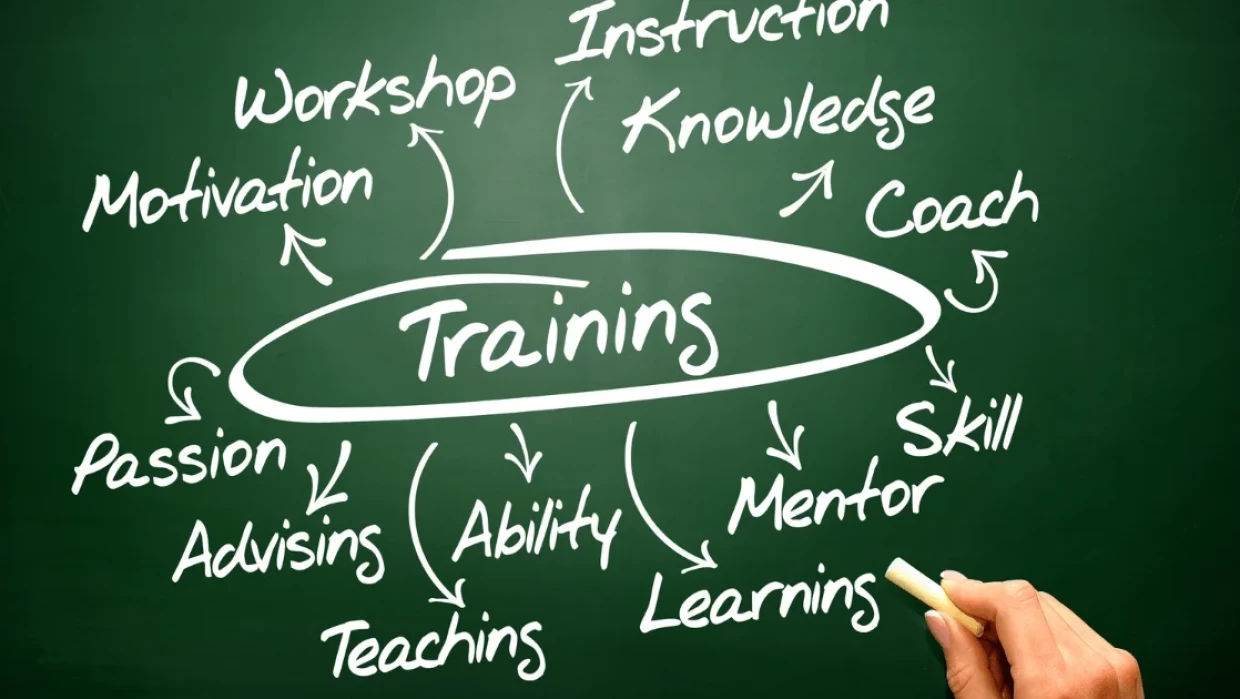


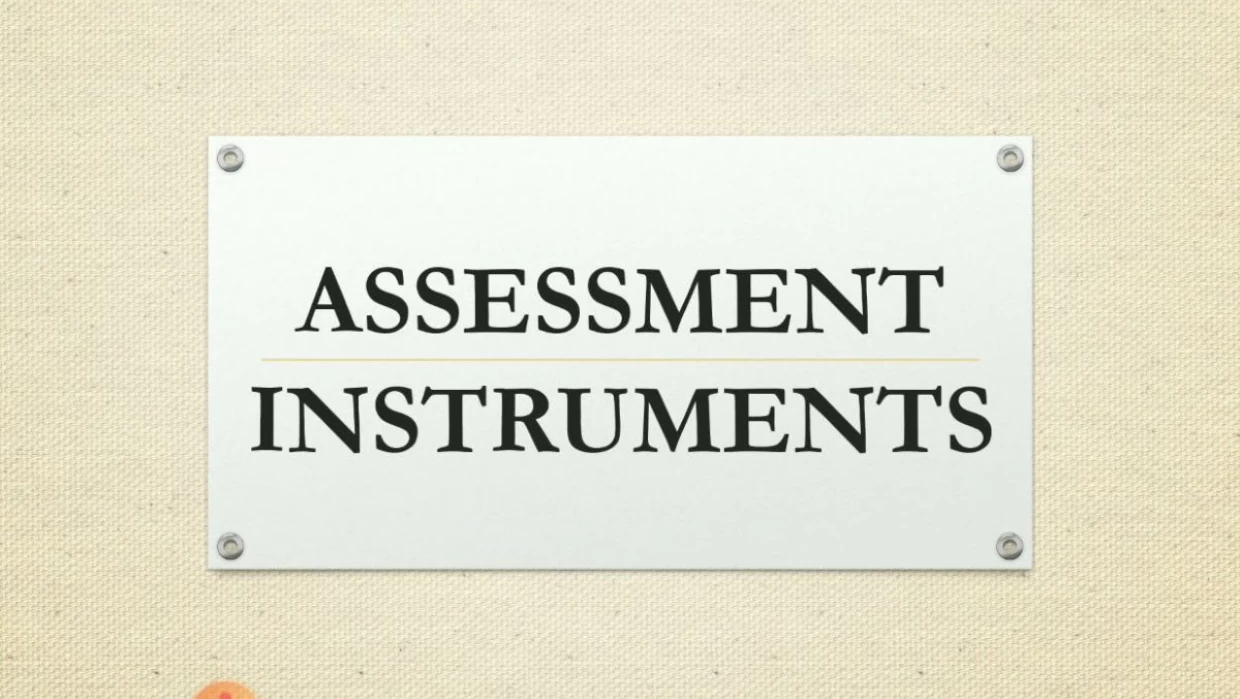





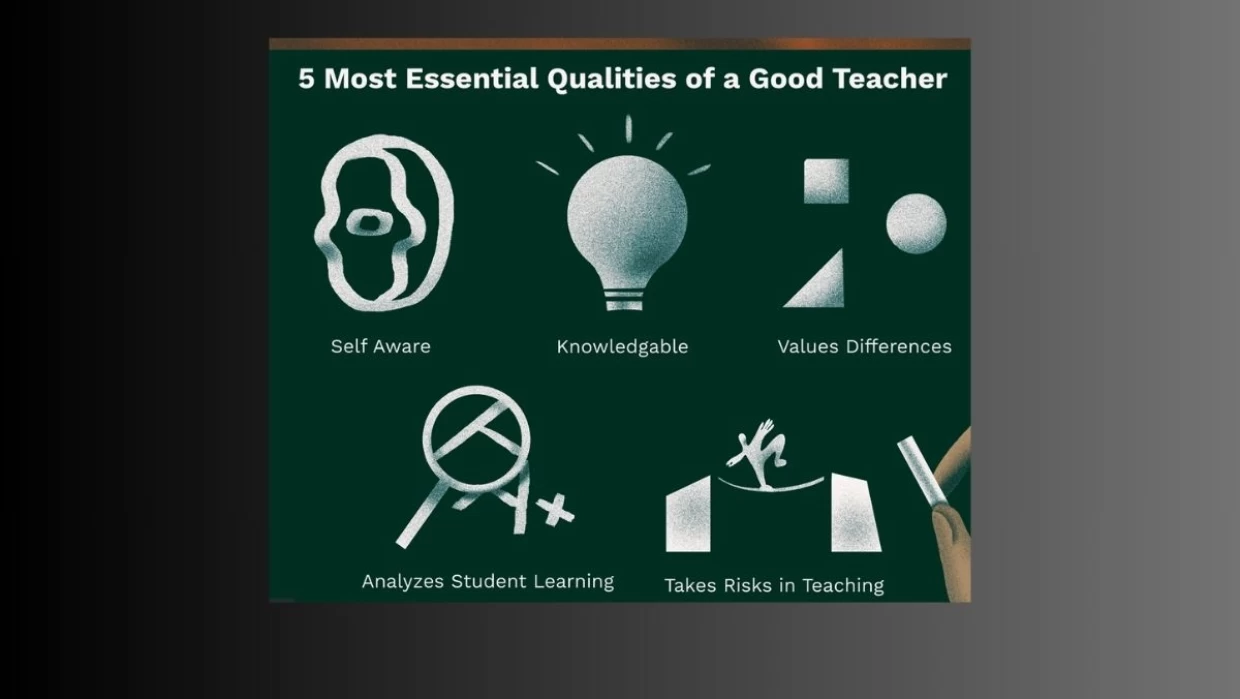
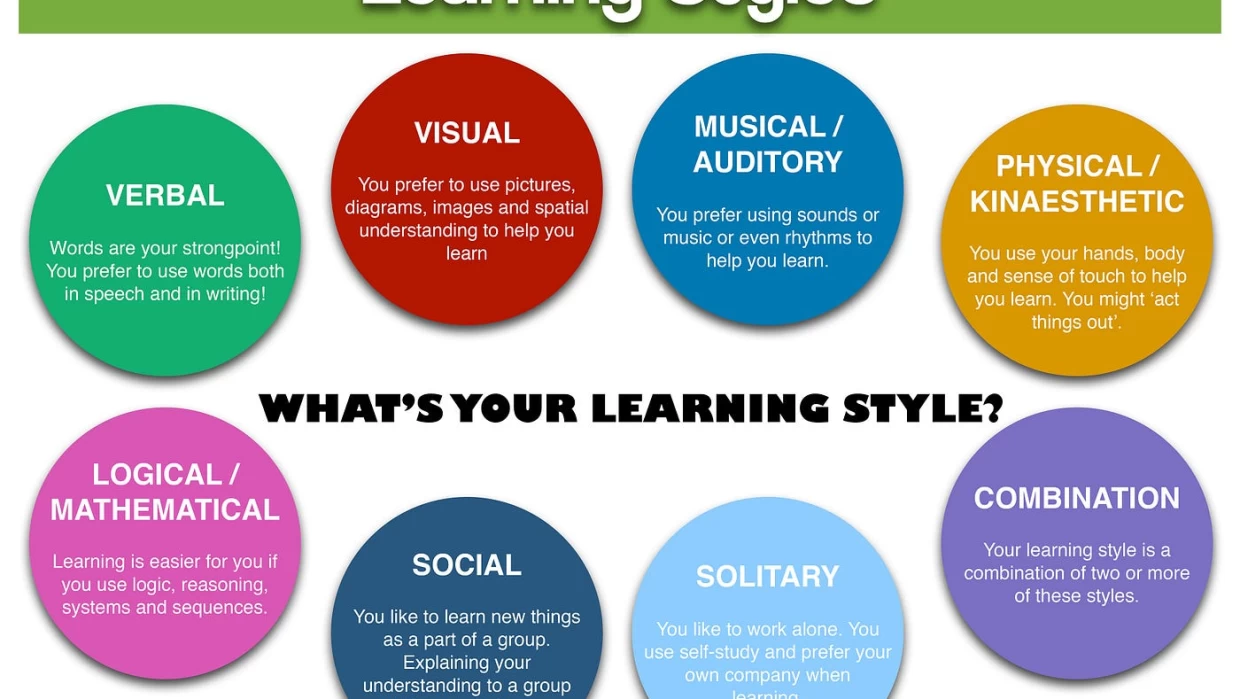
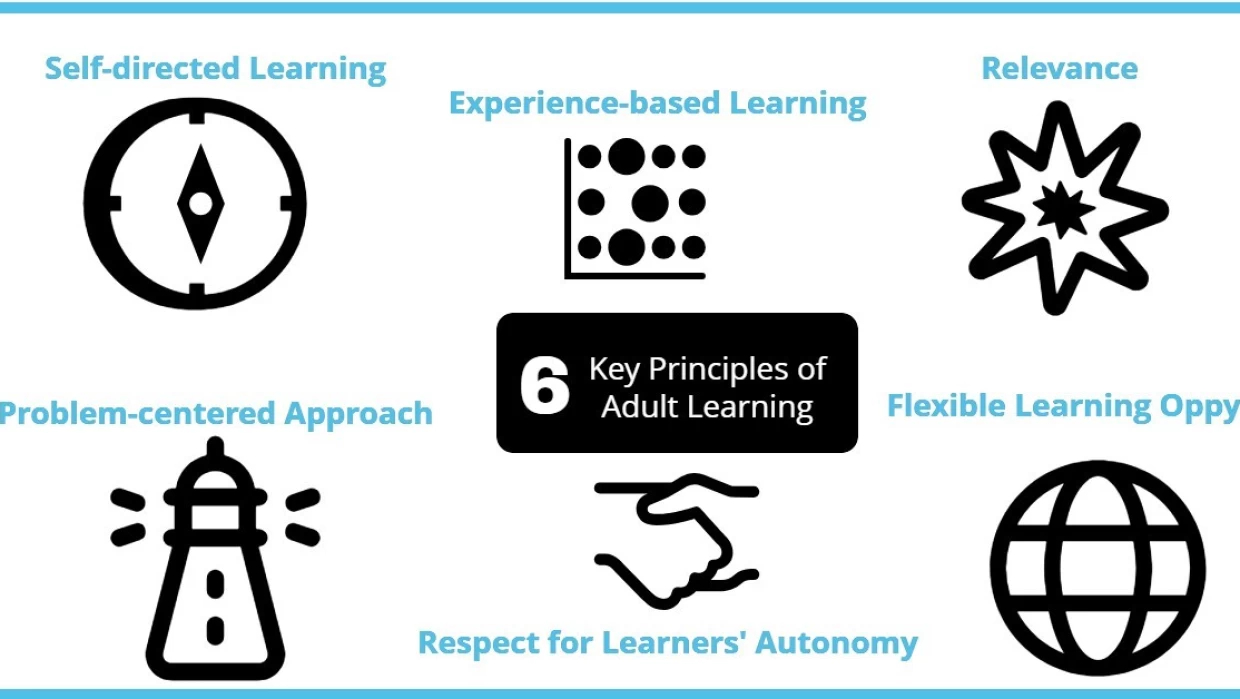













We would be delighted if you could get in touch with us.
Your email address will not be published. Required fields are marked